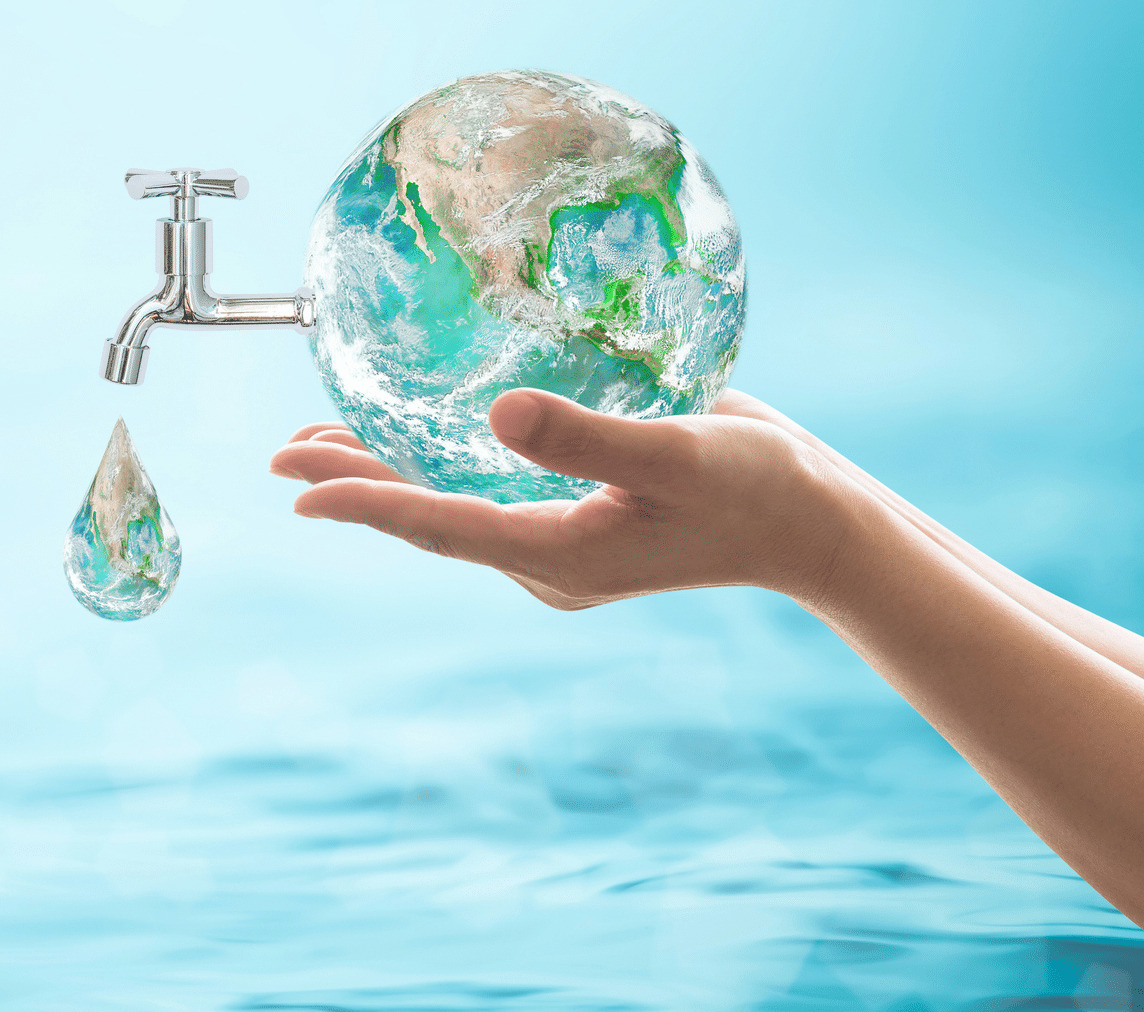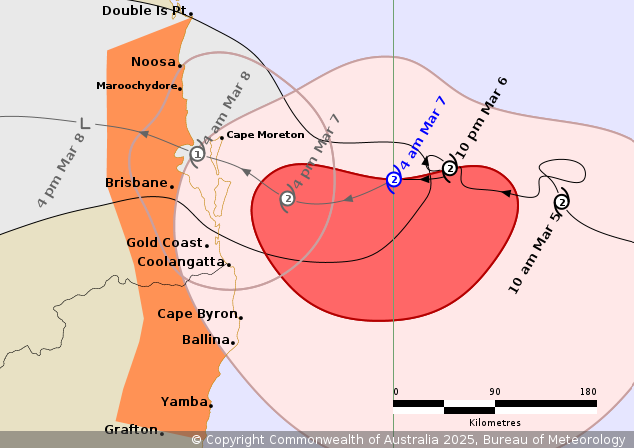
Water Compliance Certificate in Queensland
In today’s world, where environmental consciousness is on the rise, ensuring water compliance has become a paramount concern. In Queensland, Australia, obtaining a water compliance certificate is not only a legal requirement but also a crucial step towards responsible water usage. In this comprehensive guide, we will delve into the intricacies of water compliance in Queensland, outlining the process and its significance.
Understanding the Importance of Water Compliance
Water is a precious resource, and its sustainable management is vital for the well-being of both the environment and the community. Water compliance certificates play a pivotal role in this context by ensuring that water is used efficiently, without causing harm to ecosystems or depleting essential water sources.
What is a Water Compliance Certificate?
A Water Compliance Certificate, often referred to as a Water Allocation and Use Approval, is a legal document issued by the Queensland government. It authorizes individuals and organizations to use water for specific purposes while adhering to strict guidelines and regulations.
The Process of Obtaining a Water Compliance Certificate
Obtaining a Water Compliance Certificate in Queensland involves several steps, each designed to assess and regulate water usage effectively.
Step 1: Application Submission
The first step is to submit an application to the Queensland Department of Environment and Science. This application should outline the intended use of water, its source, and the location of water extraction.
Step 2: Environmental Assessment
Upon receiving the application, an environmental assessment is conducted to evaluate the potential impact of water extraction on the surrounding ecosystem. This assessment ensures that water usage is sustainable and environmentally responsible.
Step 3: Compliance Review
The application is then subjected to a compliance review to ensure that it aligns with Queensland’s water management policies and regulations. This step helps maintain consistency in water usage across the region.
Step 4: Approval and Issuance
If the application meets all the necessary criteria and regulations, a Water Compliance Certificate is approved and issued to the applicant. This certificate outlines the terms and conditions of water usage, including the allowed volume and duration.
Benefits of Water Compliance
Complying with water regulations in Queensland offers numerous benefits to both individuals and the environment.
1. Sustainable Water Usage
Water compliance ensures that water extraction is sustainable, preventing overuse and depletion of vital water sources.
2. Environmental Protection
By conducting environmental assessments, water compliance helps protect fragile ecosystems from the adverse effects of excessive water usage.
3. Legal Compliance
Having a Water Compliance Certificate ensures that individuals and organizations are adhering to legal requirements, avoiding potential fines or penalties.
4. Community Responsibility
It reflects a commitment to responsible water usage, contributing to a more responsible and sustainable community.
Challenges in Water Compliance
While water compliance is essential, it does come with its fair share of challenges.
1. Regulatory Complexity
Navigating the regulatory framework can be complex and time-consuming, requiring a thorough understanding of Queensland’s water management policies.
2. Compliance Costs
Complying with water regulations may involve significant costs, such as conducting environmental assessments and installing monitoring equipment.
3. Changing Regulations
Water regulations can change over time, requiring certificate holders to stay updated and adapt to new guidelines.
In conclusion, obtaining a Water Compliance Certificate in Queensland is not just a legal requirement but a significant step towards responsible water usage. It helps protect the environment, ensures sustainable water management, and demonstrates a commitment to community and environmental responsibility. By adhering to water compliance regulations, we can pave the way for a more sustainable and water-conscious future.
FAQs
1. Is a Water Compliance Certificate mandatory in Queensland?
• Yes, it is mandatory for anyone intending to extract or use water for various purposes.
2. What are the penalties for non-compliance with water regulations?
• Non-compliance can lead to fines, penalties, and even legal actions, depending on the severity of the violation.
3. Can I transfer my Water Compliance Certificate to another person or organization?
• In most cases, Water Compliance Certificates are not transferable and are issued for specific individuals or entities.
4. Do I need a Water Compliance Certificate for all types of water usage?
• The need for a certificate depends on the volume and purpose of water usage. It is advisable to check with the Queensland Department of Environment and Science for specific requirements.
5. How often should I renew my Water Compliance Certificate?
• The renewal period for Water Compliance Certificates varies depending on the terms and conditions outlined in the certificate. It is crucial to adhere to the renewal requirements to maintain compliance.
How does Conveyancing and Water consumption relate?
Water consumption and conveyancing can be related in various ways, especially when it comes to property transactions. Here are some frequently asked questions (FAQs) that explore the intersection of water consumption and conveyancing:
What is conveyancing, and how does it relate to water consumption?
- Conveyancing is the legal process of transferring property ownership from one party to another. Water consumption can be relevant to conveyancing because it involves the transfer of utilities, including water supply, from the seller to the buyer.
Do I need to consider water consumption during the property buying process?
- Yes, you should consider water consumption during property buying because it can impact your ongoing expenses. You may want to check the property’s water usage history to estimate future costs.
How can I find out about the water consumption history of a property I’m interested in?
- You can request the water consumption history from the seller or their agent. This information can help you gauge how much you might be spending on water bills in the future.
Can excessive water consumption affect the value of a property during conveyancing?
- Yes, excessive water consumption can potentially affect a property’s value. It may raise concerns about leaks, inefficiencies, or a high water bill, which could lead to negotiations or adjustments in the property’s price.
What should I do if I suspect there’s a water issue with a property I want to buy?
- If you suspect a water issue, it’s essential to conduct a thorough inspection and potentially hire a plumber to assess the property’s water system. You can also inquire with local water authorities about any outstanding issues or restrictions on the property.
Are there legal requirements related to water consumption disclosures in conveyancing?
- In some regions, there may be legal requirements for sellers to disclose information about water consumption, especially if there are outstanding water-related issues or restrictions on the property. Check with local regulations and your conveyancer for specific requirements in your area.
Can water usage affect mortgage approval during conveyancing?
- High water usage and water-related issues could potentially impact your ability to secure a mortgage or influence the terms of your mortgage agreement. Lenders may consider this when assessing the property’s overall risk.
What can I do to reduce water consumption in a property I’m buying?
- To reduce water consumption, you can install water-efficient fixtures and appliances, fix any leaks, and adopt water-saving habits. This can not only save you money but also benefit the environment.
Should I include water consumption clauses in the sales contract during conveyancing?
- Depending on the circumstances and local regulations, you may want to include specific clauses in the sales contract related to water consumption. This can clarify responsibilities and expectations regarding water usage during the transfer of the property.
Can I negotiate a lower purchase price if a property has high water consumption?
- Yes, you can negotiate a lower purchase price if you believe the high water consumption is a result of issues that will require costly repairs. Your real estate agent or conveyancer can help you with this negotiation process.
Remember that water consumption and its relevance to conveyancing can vary by location, so it’s essential to consult with a local real estate professional and legal expert for specific guidance in your area.
For more information and to begin the process of obtaining your Water Compliance Certificate in Queensland, access the official portal here. Start your journey towards responsible water usage today!
This is general advice only, for specific legal advice speak with your legal representative.




